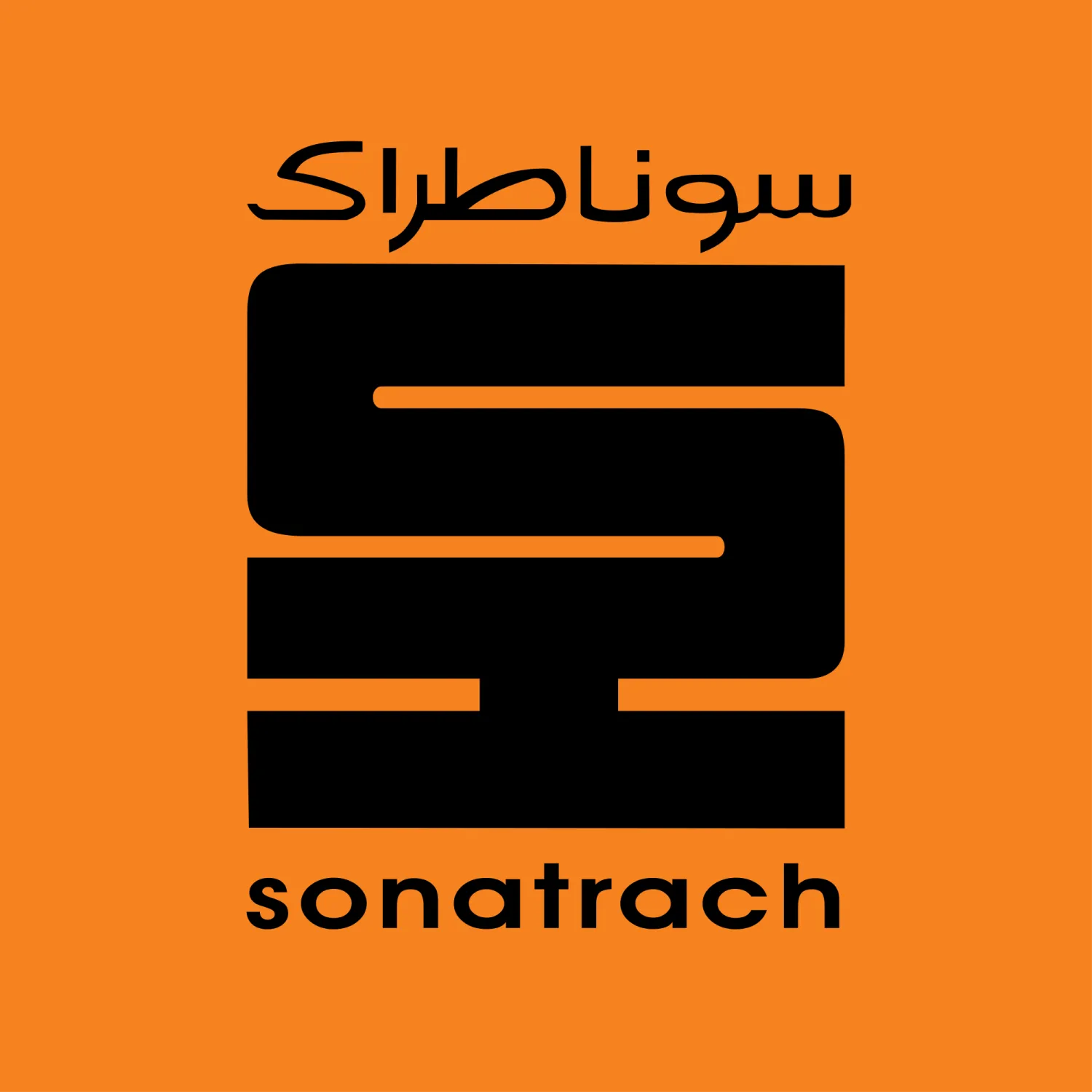The International Monetary Fund (IMF) has acknowledged a marked improvement in Pakistan's economic outlook, stating that policy efforts under its Extended Fund Facility (EFF) have helped stabilize the economy, contain inflation and rebuild confidence, as the country prepares for a fresh round of review talks later this month.
Speaking at a press briefing in Washington, IMF Communications Director Julie Kozack said an IMF staff team will visit Pakistan from February 25 for discussions on the Third Review under the Extended Fund Facility (EFF) and the Second Review under the Resilience and Sustainability Facility (RSF).
According to Pakistani newspaper, The Express Tribute, Kozack described Pakistan's fiscal performance in the 2025 financial year as “strong,” noting that the country has achieved a primary fiscal surplus of 1.3% of GDP, a figure that aligns with agreed program targets.
Last December, the IMF approved the release of $1.2 billion to Pakistan, giving the cash-strapped country a fresh boost as it works to recover from one of its worst economic crises in years.
The IMF will provide Pakistan $1 billion under its Extended Fund Facility and $200 million under its Resilience and Sustainability Facility.
Pakistan's central bank governor Jameel Ahmad told Reuters this week the recovery is broader and more durable than headline export data suggest.
The chief said he expects the economy to grow as much as 4.75% this fiscal year, pushing back against a recent downgrade by the IMF.
He said differences in projections were not unusual and reflected timing issues, including the IMF's incorporation of flood-related assessments in its latest outlook.
“All these sources and indicators, along with FY26-Q1 data, point to a broad-based recovery in all three sectors of the economy,” Ahmad said.
He added that the central bank believed that agricultural activity had remained resilient despite floods and “it is even performing better than its targets.”
Ahmad said financial conditions had eased significantly following a cumulative 1,150 basis point cut in the policy rate since June 2024, and that the full impact was still feeding through. This, he said, was supporting growth while preserving price and economic stability.
The central bank last month held its benchmark rate at 10.5%, defying expectations for a cut.
The State Bank of Pakistan (SBP) raised its FY26 growth forecast to 3.75–4.75% at its January meeting, 0.5 percentage point higher than its previous range, despite a contraction in exports in the first half of the year and a widening trade deficit.
The governor said differences in projections were not unusual and reflected timing issues, including the IMF's incorporation of flood-related assessments in its latest outlook.
While exports declined in the first half of the fiscal year, Ahmad said the fall reflected low global prices and border disruptions rather than softer activity.
The divergence with the IMF comes at a delicate moment for Pakistan, which is emerging from a balance-of-payments crisis under a $7 billion IMF program.
Pakistan's previous growth spurts have often led to currency pressure and a decline in foreign exchange reserves, making the sustainability of the current rebound a key question for investors.
Ahmad said high-frequency indicators and 6% growth in large-scale manufacturing in July–November point to strengthening demand, while agriculture has remained resilient despite last year's floods.
“Additionally, if the government decided to tap global capital markets for any debt issuance, then that would be on the upside of our current assessment,” he said.
Pakistan plans to issue panda bonds, a yuan-denominated debt sold in China's domestic market around the upcoming Lunar New Year, as part of efforts to diversify external financing and broaden its investor base.
Ahmad said the central bank has been consistently purchasing dollars in the interbank market to strengthen foreign exchange buffers, with data published regularly.
He said that while economic stability has improved, structural reforms remain key to sustaining stronger growth and improving productivity.









